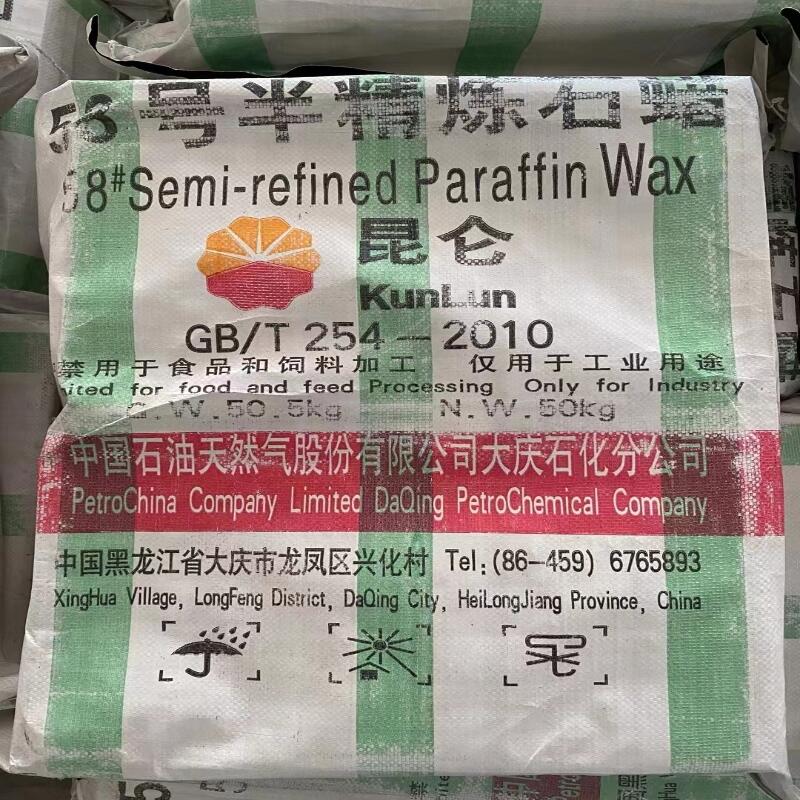-
Categories
-
Pharmaceutical Intermediates
-
Active Pharmaceutical Ingredients
-
Food Additives
- Industrial Coatings
- Agrochemicals
- Dyes and Pigments
- Surfactant
- Flavors and Fragrances
- Chemical Reagents
- Catalyst and Auxiliary
- Natural Products
- Inorganic Chemistry
-
Organic Chemistry
-
Biochemical Engineering
- Analytical Chemistry
-
Cosmetic Ingredient
- Water Treatment Chemical
-
Pharmaceutical Intermediates
Promotion
ECHEMI Mall
Wholesale
Weekly Price
Exhibition
News
-
Trade Service
Bis(p-methylbenzylidene)sorbitol, also known as methylated rosin, is a derivative of natural rosin, which is obtained from the distillation of pine resin.
It is commonly used as a plasticizer, a heat stabilizer, and a processing aid in the production of polymers.
In this article, we will discuss the applications of bis(p-methylbenzylidene)sorbitol in the chemical industry.
Plasticizer:
One of the primary applications of bis(p-methylbenzylidene)sorbitol is as a plasticizer in the production of polymers.
Plasticizers are additives that are used to increase the flexibility and reduce the hardness of polymers.
They are typically used in the production of polyvinyl chloride (PVC), polyethylene (PE), and polypropylene (PP) to improve their processability and reduce their glass transition temperature.
Bis(p-methylbenzylidene)sorbitol is used as a plasticizer in PVC, which is used in the production of films, sheets, and pipes.
It is also used in PE, which is used in the production of bags, containers, and films.
Heat Stabilizer:
Bis(p-methylbenzylidene)sorbitol is also used as a heat stabilizer in the production of polymers.
Heat stabilizers are additives that are used to improve the thermal stability of polymers and prevent degradation and oxidation.
They are typically used in the production of PVC, which is vulnerable to thermal degradation.
Bis(p-methylbenzylidene)sorbitol is used to improve the thermal stability of PVC and reduce its coefficient of linear thermal expansion.
This helps to prevent warping and cracking of PVC products, particularly when they are subjected to high temperatures.
Processing Aid:
Bis(p-methylbenzylidene)sorbitol is also used as a processing aid in the production of polymers.
Processing aids are additives that are used to improve the processability of polymers and reduce the risk of premature curing orgel formation.
They are typically used in the production of PVC, which is sensitive to moisture and can easily become contaminated.
Bis(p-methylbenzylidene)sorbitol is used to improve the wetting and dispersibility of PVC powder, which helps to prevent agglomeration and improve the efficiency of the manufacturing process.
The use of bis(p-methylbenzylidene)sorbitol in the production of polymers has several benefits.
It improves the flexibility and processability of polymers, reduces their glass transition temperature, and improves their thermal stability.
These benefits translate into improved performance and durability of the final products.
In addition, bis(p-methylbenzylidene)sorbitol is non-toxic and biodegradable, which makes it an environmentally-friendly alternative to other plasticizers and heat stabilizers.
In conclusion, bis(p-methylbenzylidene)sorbitol is a versatile and effective additive in the production of polymers.
It is used as a plasticizer, heat stabilizer, and processing aid in the production of PVC, PE, and PP, among other polymers.
Its use improves the performance and durability of the final products, and it is environmentally friendly.
As such, it has a significant role to play in the chemical industry, and it is expected to continue to be widely used in the future.







